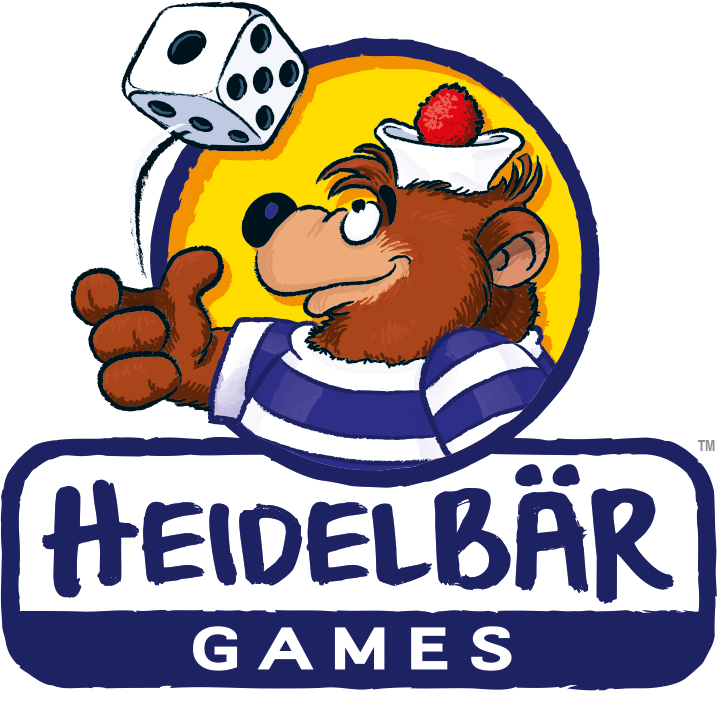Like the original game it’s based on, Little Alchemists requires downloading a free companion app to a phone or tablet in order to play it. For some parents, their first thought might be “oh great, more screen time for my child.” That’s understandable. But the way the Little Alchemists companion app works and how it blends digital and physical play is quite different from other apps you might have seen. Curious about what the app does, how it works, and what its benefits are? Read on to learn more about the app and why we chose to incorporate it into the physical game!
In Little Alchemists, you play as a group of kids who discover their grandpa’s dusty old alchemy set and decide to open a lemonade stand…only the lemonade is magic. The game revolves around making and selling potions, with new gameplay layers added in gradually over time, as you unlock new chapters. It starts very simply, but grows more complex and intricate with the skill and age of players.
How does the app work and what does it do?
Most of the gameplay in Little Alchemists happens outside of the companion app — it’s simply a tool designed to safeguard the magic behind the potion making. This lets players focus on the fun of the experience without having to worry about managing the behind-the-scenes logic.
On your turn, you’re handed the device with the app. When you choose to make a potion, you’ll simply select two cardboard ingredient tiles, place them into slots on your player screen, and then scan them with the device. The app will then make a potion before your eyes, tell you which resulting potion you made, and remind you what steps to do next (discarding the two used ingredients and drawing new ones, for example). If you choose to instead share a theory on what ingredients make a particular potion type (an option in the second chapter onward), that will also be resolved by making your selections in the app and viewing the results.
That app is mainly a smart tool that you pass around the table and use in conjunction with other physical game components when it’s your turn. “In Little Alchemists, we don’t aim to hook your child to the screen,” says designer Matúš Kotry. “Each game is limited and has an end. The screen is not trying to keep your attention. In fact, the opposite is true: you have to share it with other players. I think this may even give children a good example: use the technology for what you need and then let it go.”

Exploring the benefits of the app
Technology can be a helpful tool, says Matúš. Children of the 21st century are growing up in a world full of modern technology, and it’s important for them to understand it. Whether some like it or not, kids are very interested in tech and phones, and they enjoy interacting with things that can hold their attention. These days, a lot of digital content and apps are designed to encourage users to scroll endlessly and spend as much time on the platforms as possible, but Little Alchemists takes a different approach. As a physical game with a digital component, it’s designed to encourage simultaneous learning and play.
“The game helps kids develop deduction skills and critical thinking. I love to watch how kids learn on their own to find new ways to deduce the correct theories,” says Matúš. “And they still have a lot of fun, because the game is not pushing them to do anything, they can develop their deduction skills at their own pace. If you find new ways to discover the properties of the ingredients, it gives you an advantage against other players, but it is not essential to play and enjoy the game. My hope is that the game sparks passion for science, learning, and confirming facts for a future generation.”
While the game is designed for children and families ages 7 and up, we’ve found that younger children also really enjoy the basic actions of scanning ingredients, making potions, and marking down the results. With parental supervision and guidance, it’s easy to introduce the magic of potion mixing to younger players who might not be ready to play the actual game. This allows them to play along and be a part of the family fun until they can learn how to play it on their own. “I always love their joy and the moment of surprise when they scan the ingredients for the first time and make their very first magic potion,” says Matúš. “I think that for 21st century kids, this feels very natural and they learn to use the app very quickly.
Another important aspect of the app is the way it can help players dive into the game without having to read the full rulebook. In fact, most of the game (up to later chapters) can be played without having to read at all. The final version of the companion app will also feature animated cutscenes for each chapter as well as visual tutorials to help remind players what steps to take and how to play the game as they go.
Thanks for reading! We hope your family will check out Little Alchemists when it launches this summer at Gen Con 2024! Learn more about the behind-the-scenes of Little Alchemists in our article series on the CGE Blog here.



